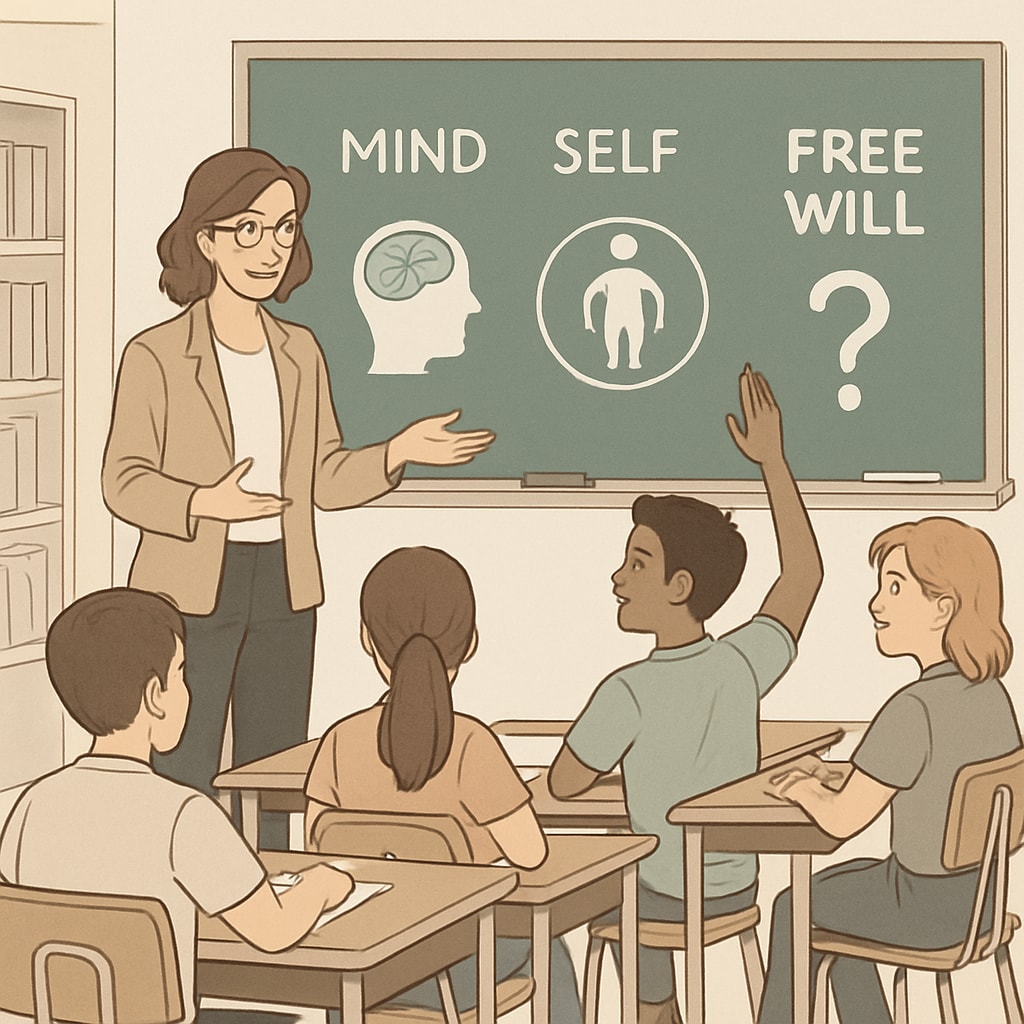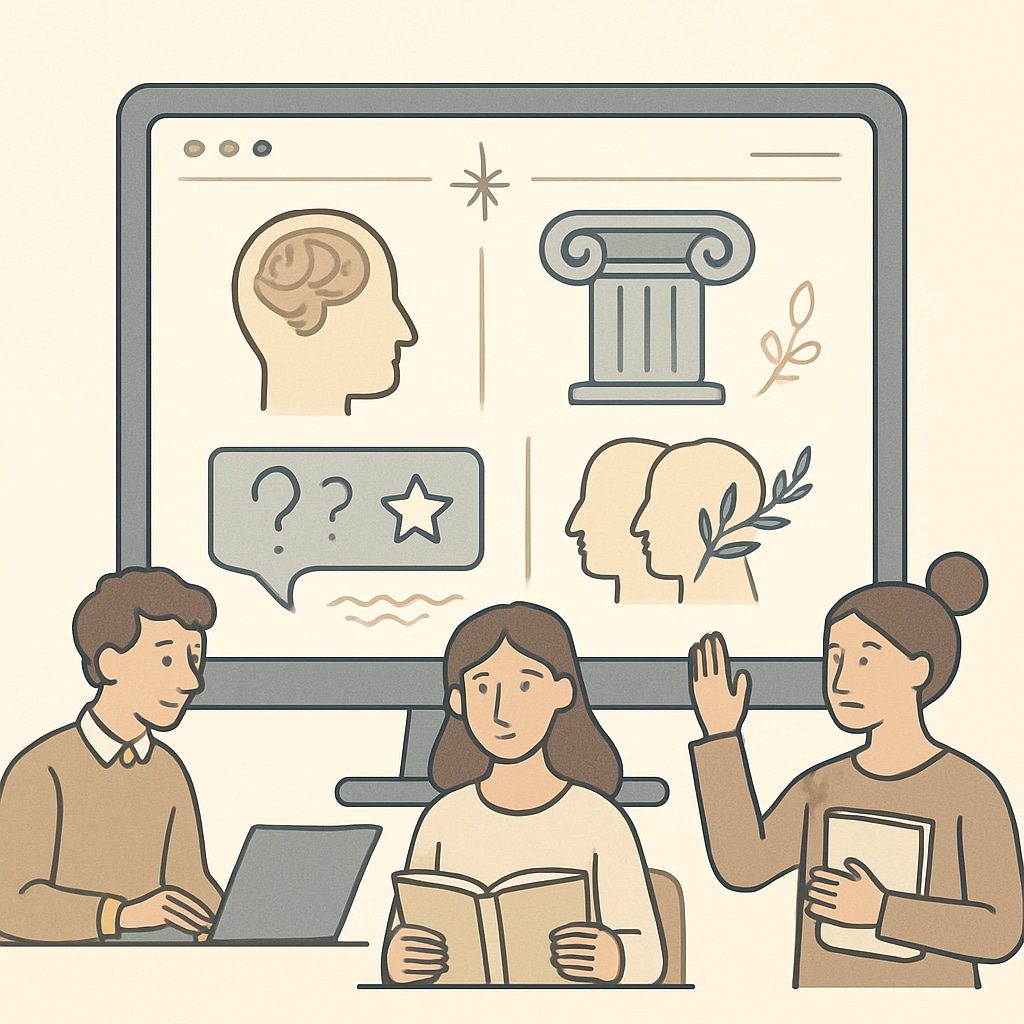Psychology, philosophy, and lifelong learning are powerful tools that can shape students’ understanding of themselves and the world. Incorporating these disciplines into K12 education can nurture critical thinking, self-awareness, and problem-solving skills. But how can educators or parents introduce these complex fields in ways that are accessible and engaging for younger learners? This article outlines beginner-friendly resources and strategies tailored to the K12 stage.
Why Psychology and Philosophy Matter in K12 Education
Psychology is the study of the mind and behavior, while philosophy explores fundamental questions about existence, knowledge, and ethics. Both disciplines equip students with tools to think critically, analyze situations, and make informed decisions. Within K12 education, these subjects can also help students build emotional intelligence and reflect on their values.
For example, introducing psychological concepts like emotional regulation or cognitive biases can help students understand their thought processes. Similarly, philosophical discussions about fairness or the nature of happiness can encourage deeper engagement with ethical dilemmas they encounter in everyday life.

Beginner Resources for Psychology and Philosophy Learning
Introducing psychology and philosophy to younger learners requires age-appropriate resources. Here are some suggestions:
- Books: Titles like “What is Psychology?” by Ellen Pastorino and Susann Doyle-Portillo provide accessible insights into psychology. For philosophy, “The Philosophy Files” by Stephen Law is a great introductory book designed for younger audiences.
- Online Platforms: Websites like Khan Academy offer free, beginner-friendly courses on psychology. For philosophy, students can explore introductory videos and articles on Stanford Encyclopedia of Philosophy.
- Interactive Activities: Tools like personality tests (e.g., Myers-Briggs Type Indicator) or moral dilemma games can make abstract concepts tangible and engaging.
These resources provide a foundation for exploring the subjects in a way that resonates with young learners while maintaining their curiosity.

Strategies for Teaching Psychology and Philosophy
Teaching these subjects in K12 education requires creativity and adaptability. Here are three strategies to consider:
- Integrate into Existing Curricula: Psychology and philosophy can be woven into subjects like literature, history, or science. For example, discussing ethical dilemmas in historical events or analyzing characters’ motivations in novels.
- Encourage Open Dialogue: Classroom discussions on topics like “What makes a good life?” or “How do emotions influence decisions?” foster critical thinking and allow students to explore differing perspectives.
- Use Real-World Examples: Relating these disciplines to everyday scenarios—such as peer pressure, social media influences, or decision-making—helps students see their relevance and value.
By making lessons interactive and relatable, educators can ensure students remain engaged while learning these profound subjects.
Long-Term Benefits of Introducing Psychology and Philosophy
When psychology and philosophy are integrated into K12 education, students gain lifelong skills. They become better equipped to navigate challenges, understand themselves, and make ethical decisions. Moreover, these disciplines foster curiosity, encouraging students to continue learning and exploring throughout their lives.
As a result, students develop not only academic skills but also emotional resilience and cognitive flexibility—qualities essential for personal and professional success.
In conclusion, introducing psychology and philosophy in the K12 stage is a rewarding endeavor. By using age-appropriate resources and creative teaching strategies, educators and parents can inspire students to embrace self-discovery and critical thinking.
Readability guidance: Use short paragraphs and lists to summarize key points. Incorporate relatable examples to maintain engagement. Ensure even distribution of complex terms and avoid overly technical language.


